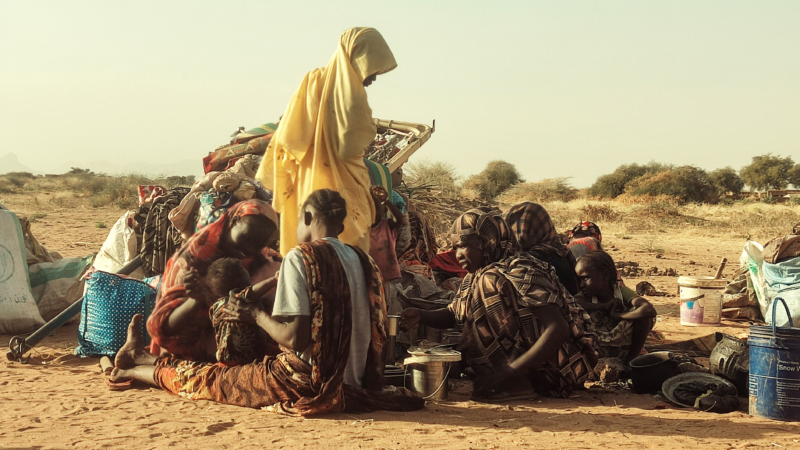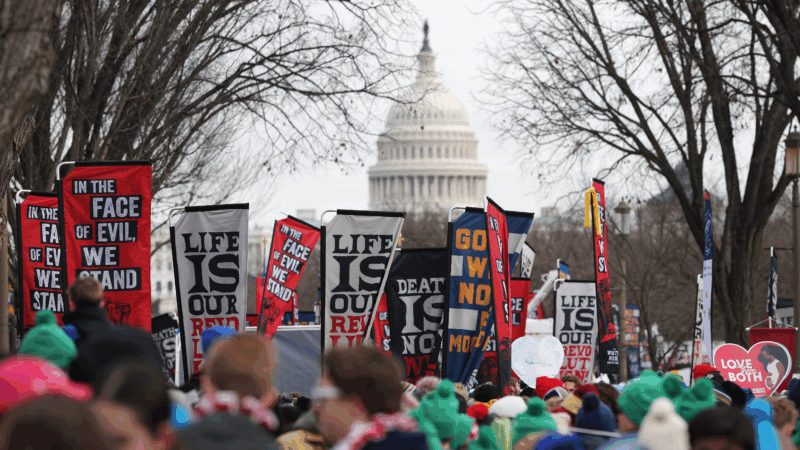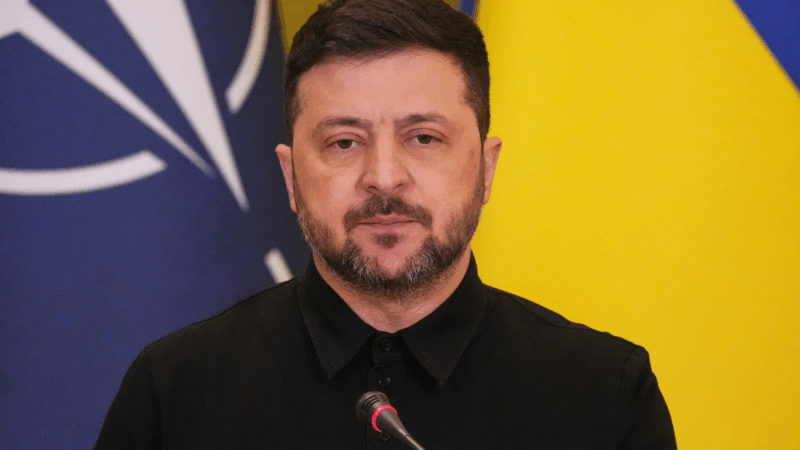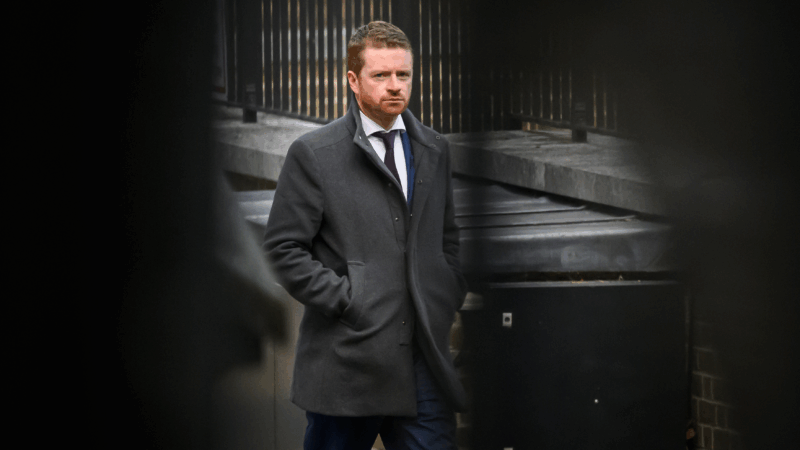In Sudan, hundreds killed in attacks on famine-hit displacement camps
Hundreds of refugees in aid camps in Sudan have been killed by the paramilitary group at war with Sudan’s army, according to local rights groups.
The Rapid Support Forces have escalated attacks in Darfur, the Western region where it is accused of committing a genocide during its civil war with Sudan’s army.
More than 300 people in two aid camps have been killed by the RSF since Thursday according to local Emergency Response Rooms, a network of activists supporting local communities.
The siege has focused heavily on Sudan’s largest refugee camp, Zamzam, which hosts at least half a million people, thousands of whom are suffering from famine, attacking the camp with artillery shelling.
On Sunday, the RSF claimed it had seized control of Zamzam, which it has claimed was being used as a base by “mercenary factions.” A second camp, Abu Shouk, has also been heavily targeted.
The camps are close to the city of El Fasher, the last major city in Darfur that the RSF do not control. The city and its camps have been bombarded by RSF forces for several months, while the latest attacks have escalated for over a week.
The casualties include 9 medical staff from the aid group Relief International who ran the only remaining medical facility in Zamzam camp, which hosts more than half a million refugees.
Footage posted by local Sudanese media shows apparent executions of civilians caught by RSF fighters who besieged the camp.
The latest violence is some of the worst in the western region of Darfur since the civil war began almost two years ago between the army and the RSF, causing the world’s worst humanitarian crisis and worst famine for decades.
So far, the war has killed as many as 150,000 people (although the figure is likely to be much higher) and displaced some 15 million. Last month the Sudanese army regained control of the capital city Khartoum from the RSF, after a six-month offensive through central Sudan.
The U.S. State Department has said it is “deeply alarmed by reports of attacks by the RSF on Zamzam and Abu Shouk,” and added: “We condemn the RSF’s attacks on the most vulnerable of civilians.”
March for Life attendees may have been exposed to measles, DC Health warns
D.C. health officials are contacting people possibly exposed to measles at the March for Life in January, as confirmed cases rise nationwide.
U.S. gave Ukraine and Russia June deadline to reach peace agreement, Zelenskyy says
"The Americans are proposing the parties end the war by the beginning of this summer," Zelenskyy said, speaking to reporters on Friday.
U.K. leader’s chief of staff quits over hiring of Epstein friend as U.S. ambassador
British Prime Minister Keir Starmer's chief of staff resigned Sunday over the furor surrounding the appointment of Peter Mandelson as U.K. ambassador to the U.S. despite his ties to Jeffrey Epstein.
Trump administration lauds plastic surgeons’ statement on trans surgery for minors
A patient who came to regret the top surgery she got as a teen won a $2 million malpractice suit. Then, the American Society of Plastic Surgeons clarified its position that surgery is not recommended for transgender minors.
What you should know about Bad Bunny’s Super Bowl halftime show
Will the Puerto Rican superstar bring out any special guests? Will there be controversy? Here's what you should know about what could be the most significant concert of the year.
Sunday Puzzle: -IUM Pandemonium
NPR's Ayesha Rascoe plays the puzzle with KPBS listener Anthony Baio and Weekend Edition Puzzlemaster Will Shortz.








